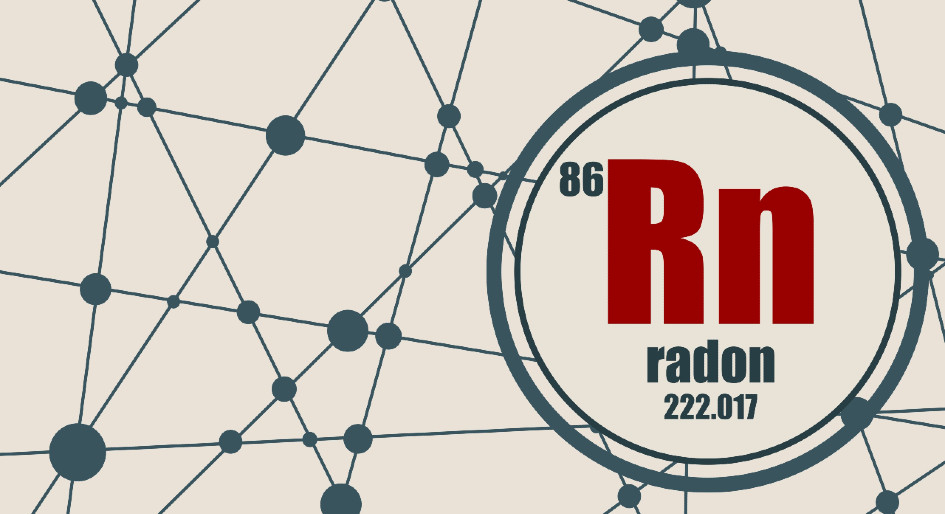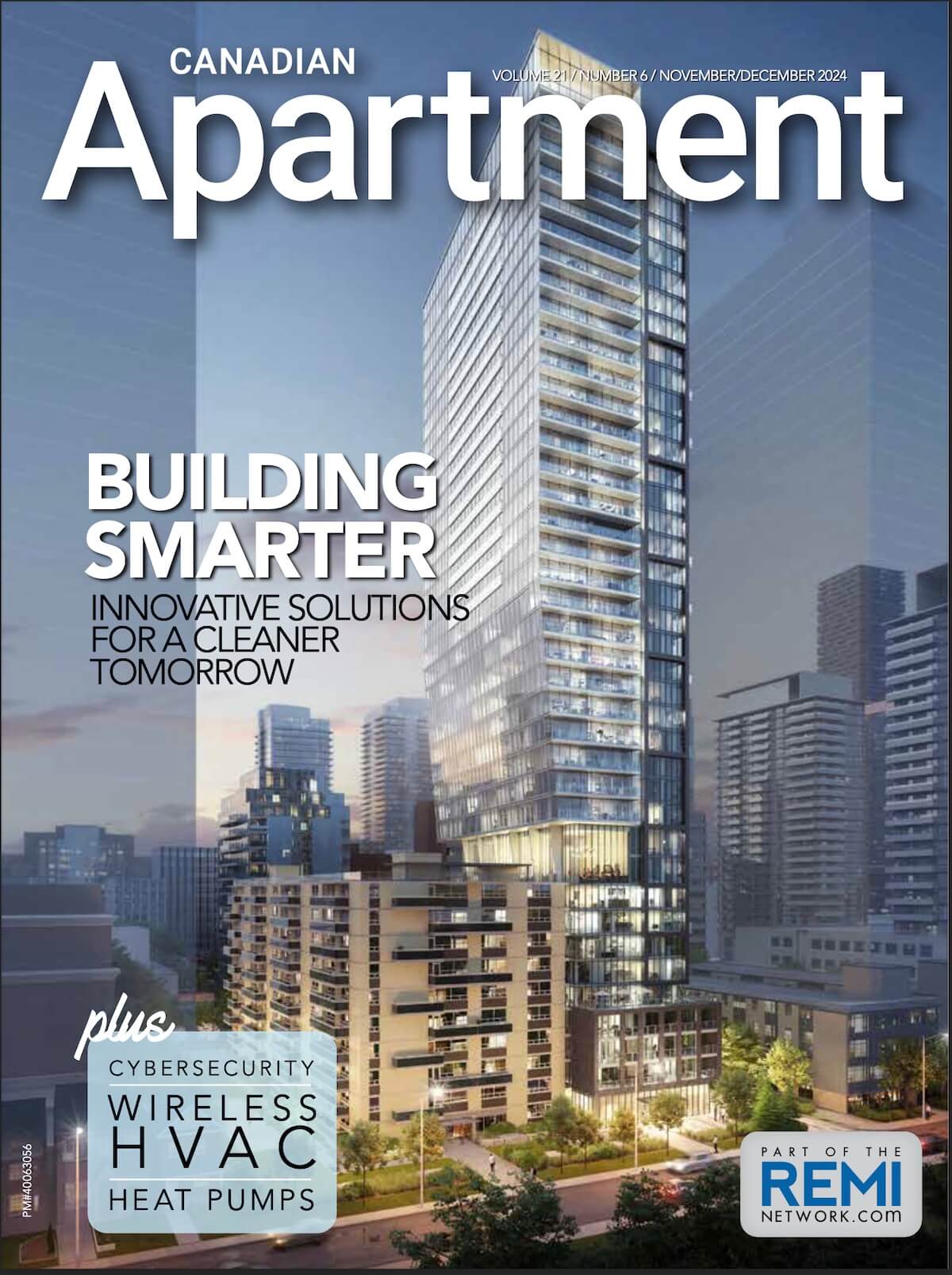At the current pace, New Brunswick Auditor General Kim Adair-MacPherson calculates it will take nearly 23 years to complete radon testing in the provincial public housing portfolio. She concludes that’s an unduly protracted schedule given the concerning levels of contamination found in the 19 per cent of units where tests have already been conducted.
In her 2020 annual report, released in late February, Adair-MacPherson outlined details of the Department of Social Development’s timetable and budget for identifying and remediating units where high concentrations of the radioactive gas are evident. Thus far, that entails a phased three-year scheme — stretching to the end of the 2022-23 — to tackle 284 units where radon levels exceeding Health Canada’s acceptable threshold of 200 becquerels per cubic metre (Bq/m3) have been recorded, along with plans to test 3,645 yet-to-be-assessed dwellings at the rate of 160 units per year.
“If we extrapolate the number of identified contaminated units identified so far, we can estimate that 32.6 per cent of the remaining untested units, or 1,188 units, will test positive for exceeding radon level guidelines and require remediation,” the Auditor General’s report states. “In our view, given the possible health risks of radon, this pace of testing is too slow.”
Exposure to radon is currently considered a factor in about 16 per cent of lung cancer cases. A nationwide Health Canada study of 14,000 homes during 2007-2009 found some of the highest radon concentrations in New Brunswick where nearly 19 per cent of tested homes registered levels between 200 to 600 Bq/m3 and 6 per cent surpassed 600 Bq/m3.
About $1.5 million has been budgeted to reduce radon concentrations in the 284 identified public housing units through a mixture of three remediation approaches:
- heat recovery ventilation, in the range of $2,500 to $5,000 per installation;
- sub-slab depressurization, at about $4,000 per installation; and
- sub-membrane depressurization, at about $10,000 per installation.
The estimate also includes labour costs and approximately $11,400 for post-remediation testing.
Meanwhile, the Auditor General suggests it should cost about $219,000 for the required number of radon test kits, at $60 per kit, to cover the remainder of the public housing portfolio. Logistically, test kits must be in place for a three-month period and, as a best practice, radon testing should occur between late fall and early spring when the weather is cold.
The Auditor General also chides the Department of Social Development for being slow to inform residents of test results. At least six months elapsed before public housing technical service managers were notified on June 1, 2020, with tenants living in the affected units informed still later.
“SD (Social Development) has confirmed as of November 2020, all notices have been distributed. As we were notified of SD’s awareness of the issue in November 2019, we feel there was a lack of timeliness in the issuance of the notices to tenants,” the Auditor General’s report states. “Due to the possible health and safety impact to tenants in contaminated units, in our view this process needs to be completed in a timelier manner in the future.”







